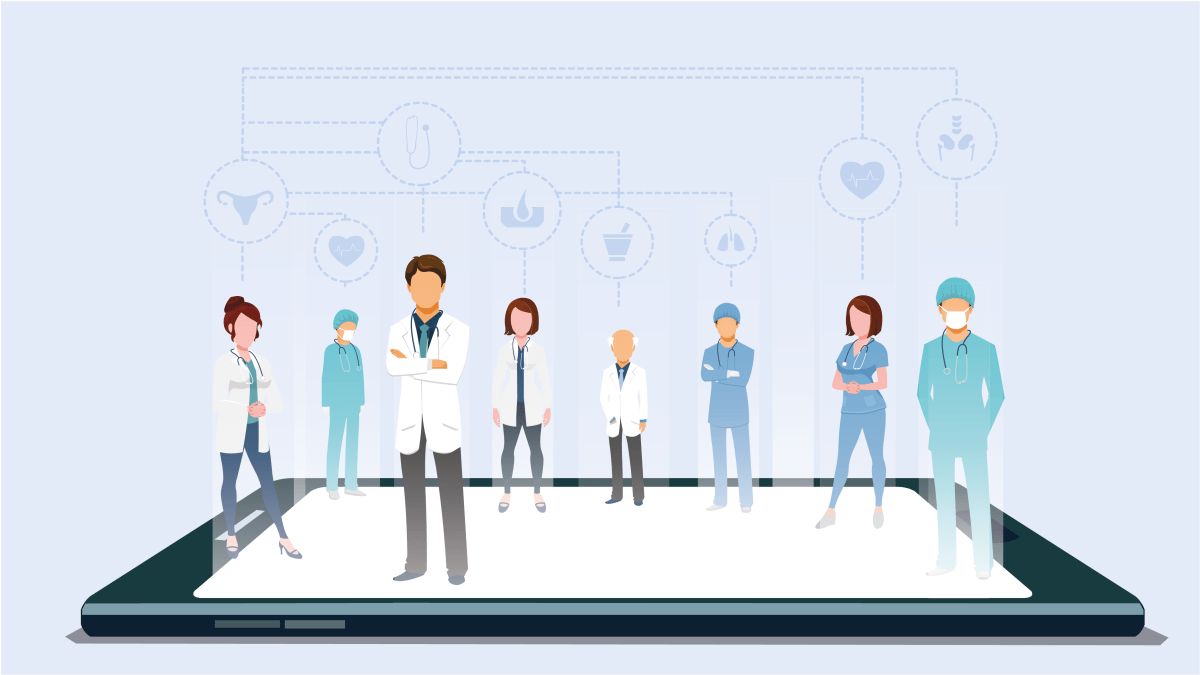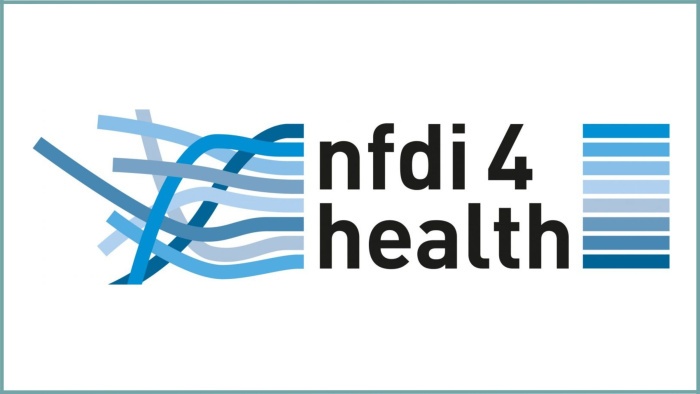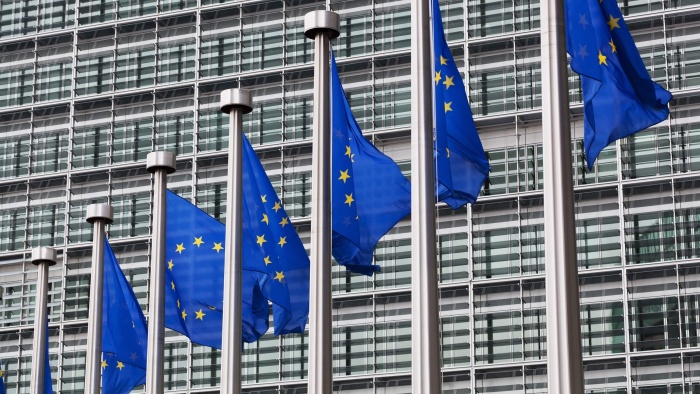"Society expects research to try and incorporate its discoveries in applications"

© AryanRaj - stock.adobe.com
"If in his free basic research a researcher has discovered something that could possibly be developed to create a drug, he requires professional support from one of the EATRIS centers to ensure that the drug will have a chance of being registered later on. I believe society expects research to try and incorporate its discoveries in applications."
The transfer of findings from basic medical research to clinical practice in the European research area is confronted with obstacles. Where are the difficulties?
Basic researchers and clinicians live in different worlds that have to be brought closer together. Most researchers know too little about clinical routine, the legal prerequisites for registration of a drug, or the requirements concerning the documentation of test conditions. That is why in research projects mistakes are often made which make the results difficult to utilize afterwards. Nevertheless, there are experts available who could provide the researchers with that information. For this reason we want to – figuratively – establish a common coffee room with EATRIS, where specialists can talk to one another in order to avoid mistakes.
What does such a "coffee room" look like?
In ten EU countries EATRIS centers are to be set up, specializing in the focal fields of cancer, infectious diseases, cardiovascular diseases, metabolic and neurological diseases. At these sites there will be a top-quality infrastructure in the form of buildings, equipment, apparatus, animal houses, hospitals, etc. In organizational terms these centers are to be networked so efficiently that every researcher in the EU can use them quickly in order to deal with his research topic.
At the EATRIS centers there will also be experts available as advisers. Before a new research project is launched, they provide a rough indication of whether and in what sectors an existing discovery would have a chance of being implemented in a product in which, for example, a pharmaceutical company would be interested, and whether it is relevant for the prevention and treatment of diseases.
Does that not restrict the freedom of research?
No. The researcher only contacts an EATRIS center when in his free basic research he has discovered something from which a drug might be developed. Only at that moment does he require professional support to ensure that the drug will have a chance of being registered later. I believe society expects research to try and incorporate its discoveries in applications.
What is EATRIS working on at present? What have you achieved there over the past two years?
We developed a business plan that defines what institutions participate in EATRIS, how the EATRIS infrastructure is financed, what the methods of communication and procedural processes will be. It is currently resulting in a publication that describes the conceptual idea of EATRIS.
What are the future prospects for EATRIS when the preparatory phase has ended (2008 – 2010)?
We must achieve a continuation of financing that is as seamless as possible or else we will lose valuable staff members. To enable governments and research organizations to include the funds in their budgeting at an early stage we have included their representatives in the working groups. The EU will then finance communication measures and, for example, travel by researchers to the national EATRIS centers.
TMF is directly involved in two EATRIS work packages concerning standardization and harmonization and concerning regulatory issues. How can EATRIS benefit from the expertise and the special structure of TMF?
TMF began considering infrastructure in biomedical research at a very early stage. It developed processes and procedures, quality standards, checklists and plenty more besides. We were very pleased to win over TMF with this know-how as a partner for EATRIS. When you develop procedures as we do, that is very helpful.
Prof. Dr. Rudi Balling is coordinator of the EATRIS project and director of the Luxembourg Centre for Systems Biomedicine (LCSB) at the University of Luxembourg.
The interview was conducted by Beate Achilles in March 2010. An abridged version will be published in the journal E-Health-COM 2 | 2010.


